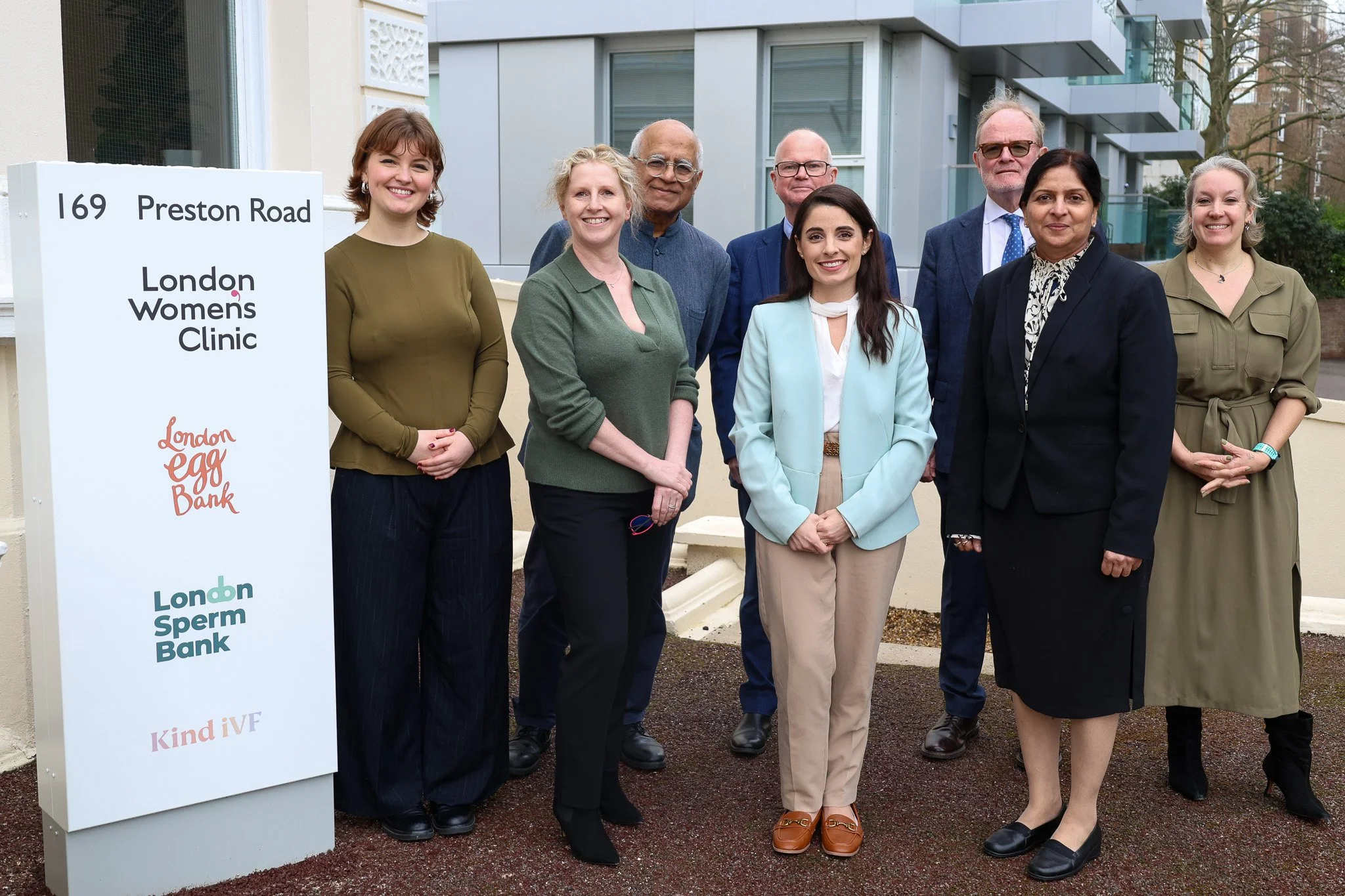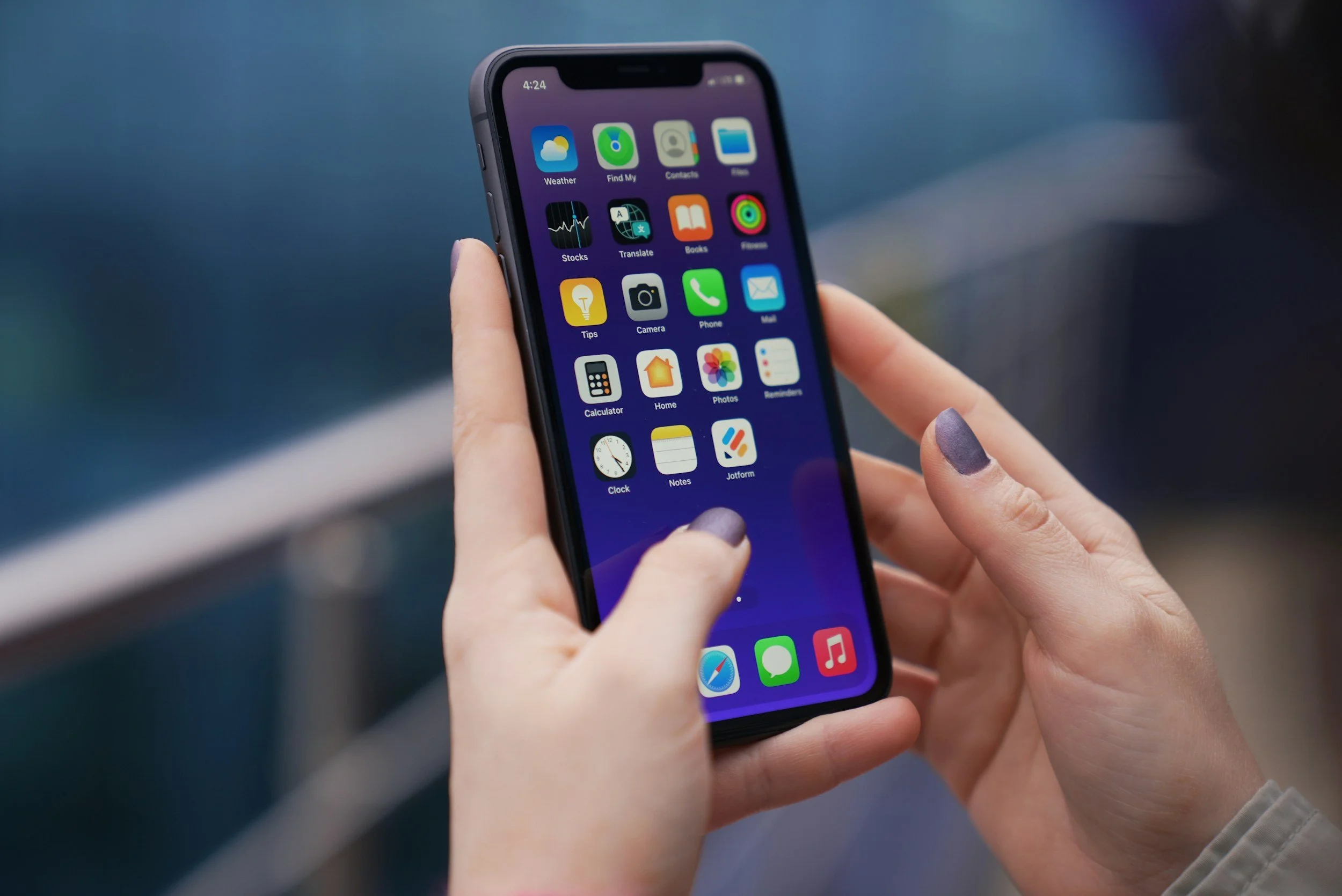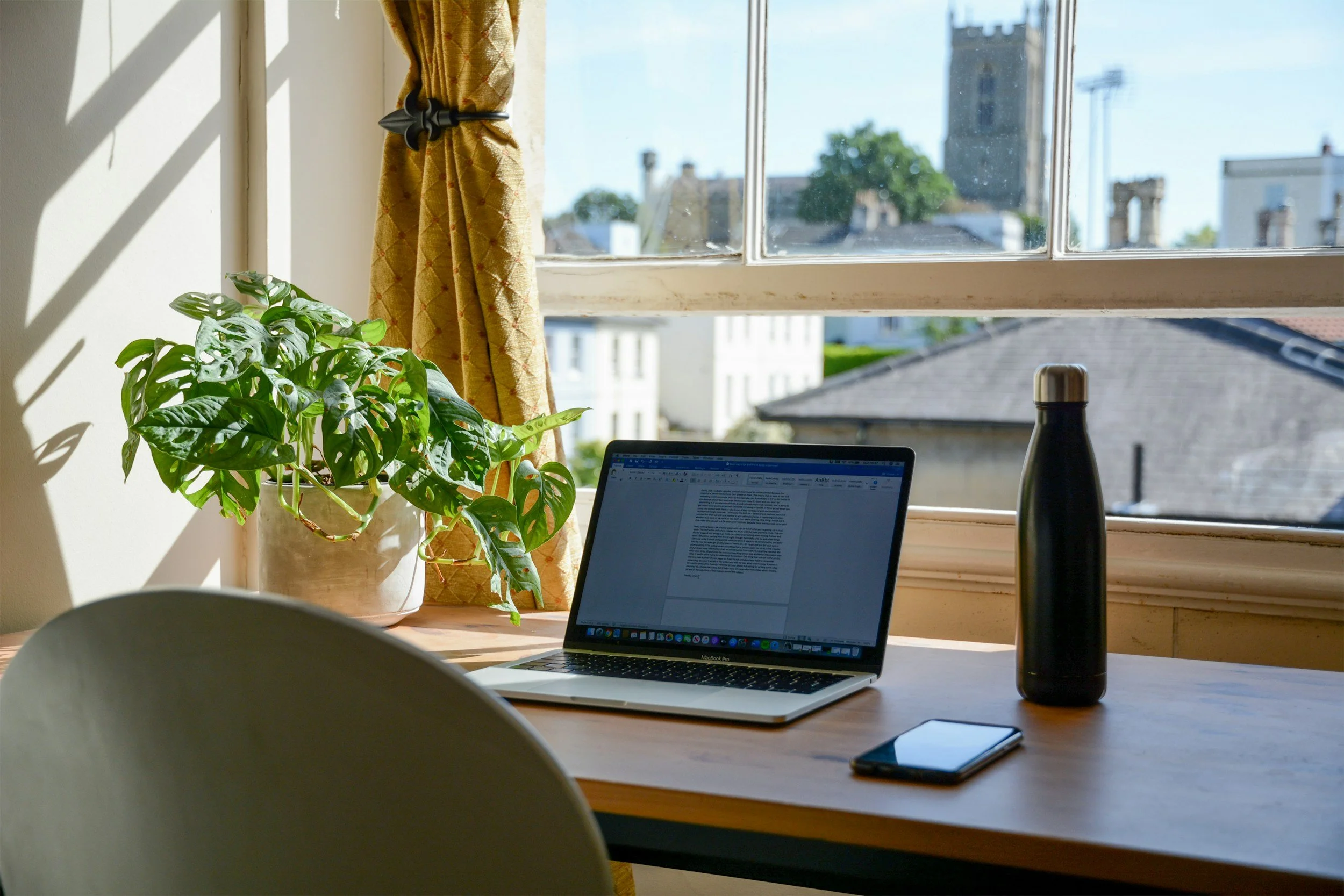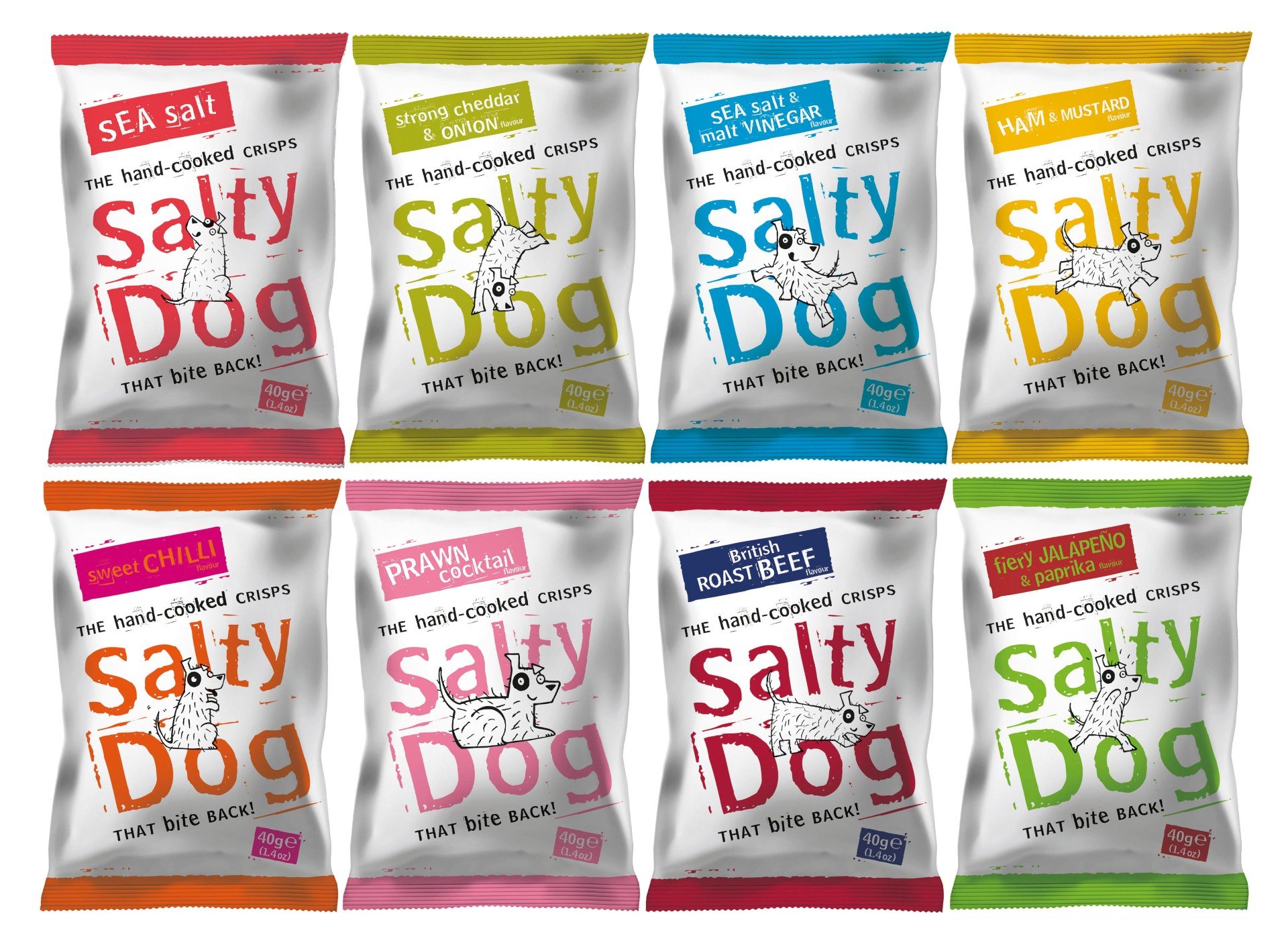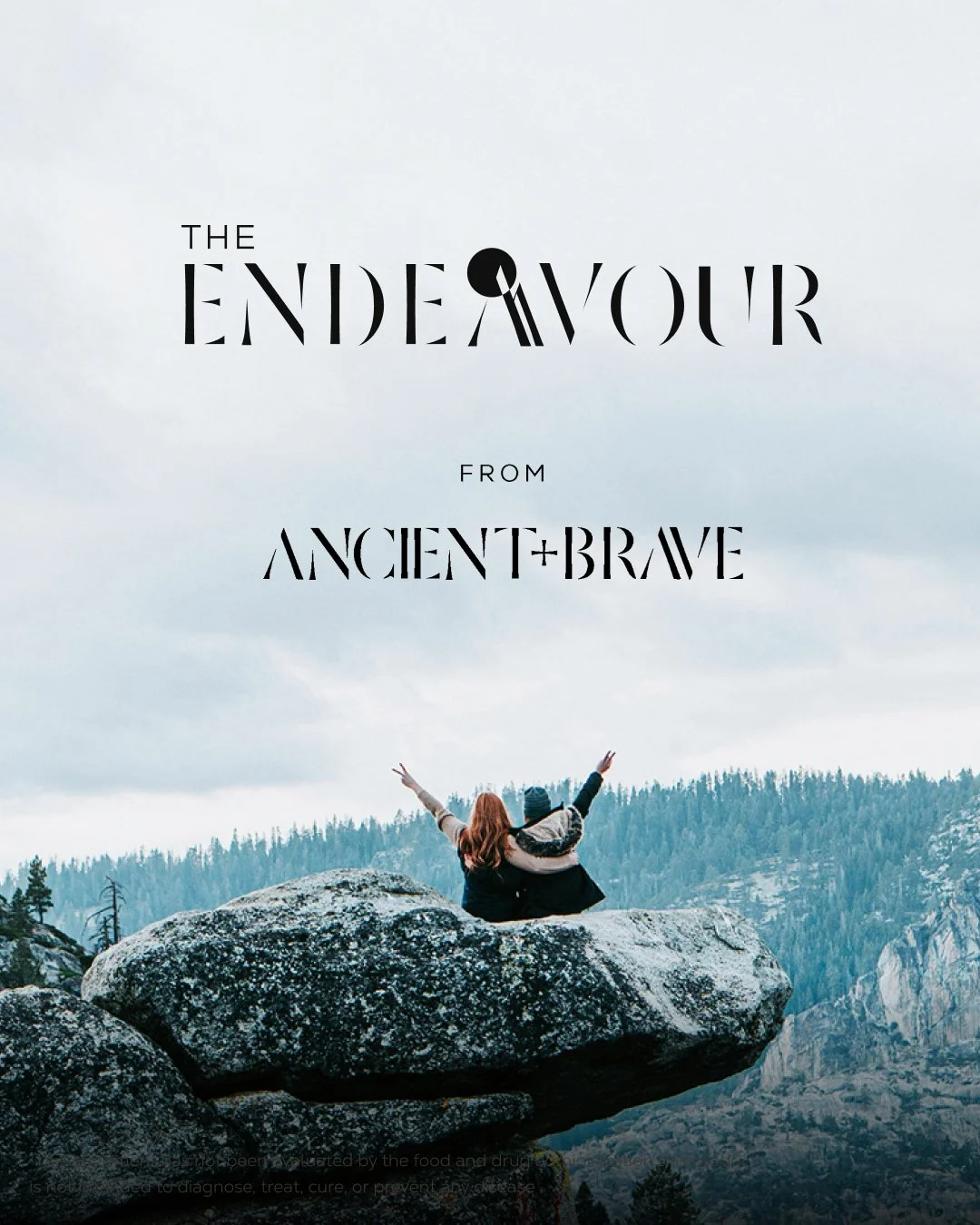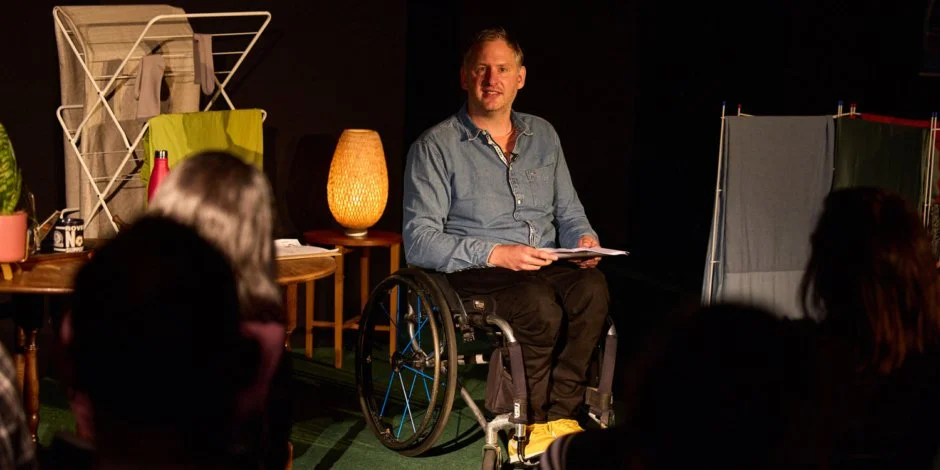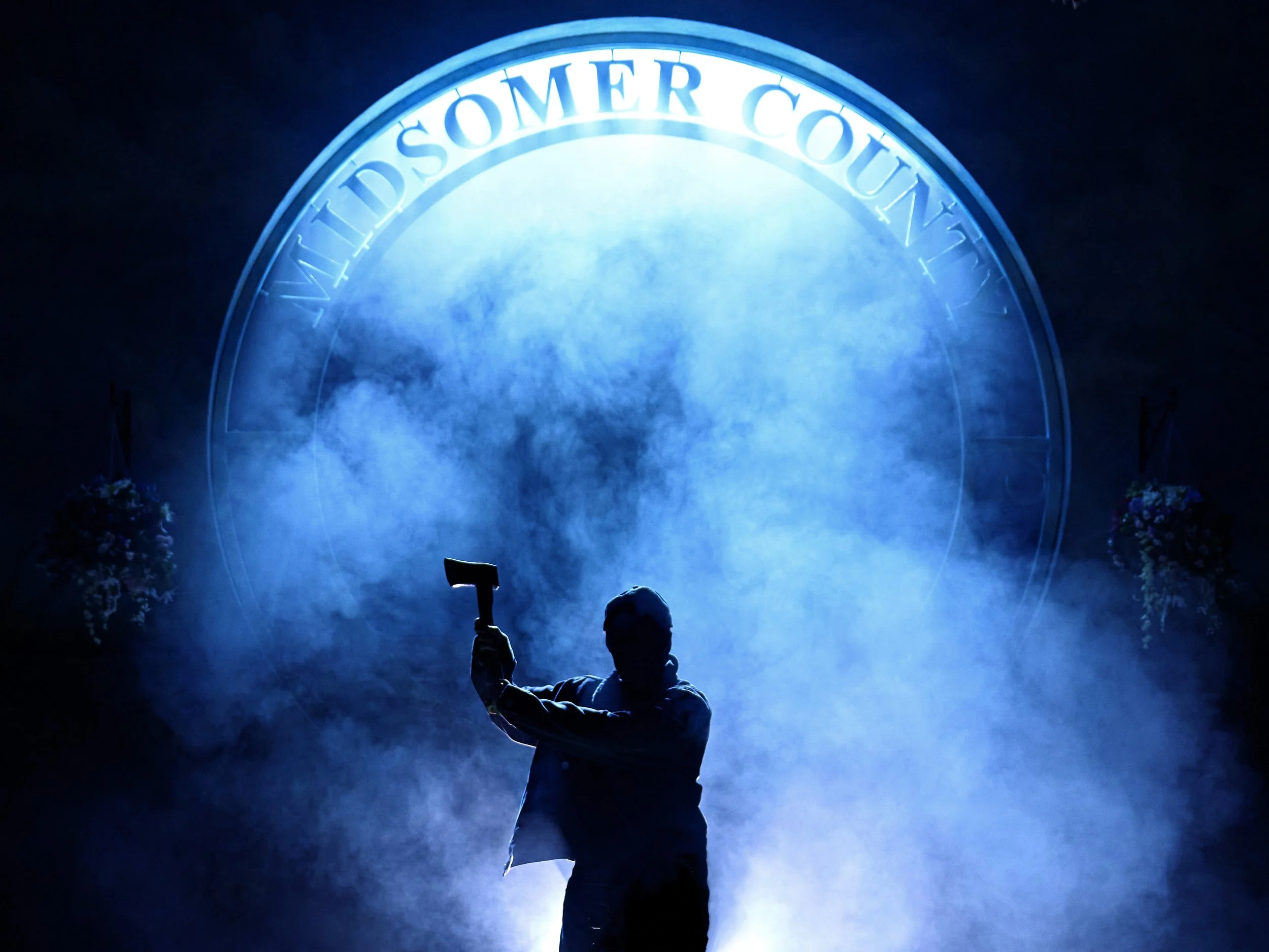Why Protecting The Ocean is Important And How We Can Do It
What comes to your mind first when you hear the word “ocean”? For me, it’s relaxing on the beach, lulled by the sound of the waves, dreaming of orcas jumping in the distance. As I live close to Manchester, I don’t have the privilege of enjoying the ocean every day. However, my life, just like your life, depends more on the ocean than you and I think.
The Importance of the Ocean in Our Everyday Life
Covering around 70% of the Earth, the ocean not only regulates the climate but also produces oxygen. Can you believe that with at least every second breath we take, we have to be thankful to the ocean, which produces 50 to 80% of the oxygen we inhale?
This is thanks to microalgae called phytoplankton. These teeny tiny algae form a vast oceanic forest. Like trees, they can have different shapes and sizes and like flowers in spring, they can bloom over such a large area that they can be seen from space. Isn’t it incredible for such small creatures?
Source: https://sruk.org.uk
The role of the ocean in our everyday life doesn’t stop there. Tourism, fishing and shipping, which play an important role in global economy, rely on the ocean. But did you know that, whether you eat seafood or not, you probably ingest seafood every day? Biomolecules extracted from algae are used as additives and preservatives in food, cosmetics, and drugs.
So, next time you eat ice cream for example, remember that there is a high chance that its lovely texture comes from a biomolecule called carrageenan extracted from a red seaweed. Biomolecules from the ocean are also essential for cancer research and other disease treatments including COVID-19.
These are only a few examples of why we should be grateful to the ocean. And I haven’t mentioned the main reason yet: its beauty.
Life in the Ocean
The ocean is incredibly diverse from microscopic creatures to majestic whales, including fluorescent jellyfish, beautiful sea anemones, and the scary anglerfish. We are not the only ones who need phytoplankton to survive. Phytoplankton are the base of the marine food-web: it is eaten by zooplankton, including the famous krill, consumed by many sea animals such as fish, whales, and penguins. Smaller fishes are then eaten by bigger fishes, dolphins, sea birds, seals, orcas, and so it goes on.
Source: https://askabiologist.asu.edu
But the ocean food-web is so much bigger than the few animals I just cited. And yet, scientists estimate that 95% of the ocean is still unexplored. Yes, you read it right, 95%! But the question is: will we have time to discover more of it before it is destroyed?
The Ocean is in Danger, What Can We Do?
As we all know, the ocean is facing lots of challenges. Sea ice is melting. Coral reefs are bleaching. Fish stock is decreasing. And these are only a few examples. By 2100, it is estimated that more than 50% of marine species will be on the brink of extinction. And yet, not even 1% of the ocean is protected compared to 12% on land. Every day we hear on the news about the effects of climate change, plastics, pollution and overfishing on ocean life.
But what can we really do about it? If like me, you are an ordinary citizen, it is easy to feel powerless and useless when facing environmental problems. However, there are few things that I believe could make a difference.
1) Reduce your plastic use
Source: https://oceanservice.noaa.gov/
Let’s face it, even if you live far from the ocean, the probability that your plastic waste goes to the ocean is quite high. As a newcomer to the UK, the thing I love here is the incredible number of no-waste shops. You can bring your containers and buy everything by weight. Of course, these shops can be more expensive than regular shops, but when you see that at the end of the week you have practically nothing in your black bin, the feeling that you did something for the planet is priceless.
2) Be mindful of what products you use daily
Although wastewater goes through treatment to be cleansed, lots of chemicals end up in the ocean and are a source of pollution. Some components can kill phytoplankton and if they affect phytoplankton, they affect the entire food-web. Using eco-friendly products could help limit ocean pollution. A lot of no-waste shops offer eco-friendly alternatives for soap, washing powder, toothpaste and detergents.
3) Be mindful of what you eat
Source: https://www.mcsuk.org
Eating fish can be delicious and great for your health. Eating fish in a sustainable manner is even better. Choose your fish carefully and avoid buying endangered species. Easier said than done: how can you know which fish is safe to eat? The Marine Conservation Society made it simple for you. On their website you can find a long list of fishes with a sustainability ranging from 1 to 5 and they provide alternatives when the fish you are looking for is not safe to eat. They also offer recipes!
We can all take actions to protect the ocean and the environment. It may seem nothing from an individual point of view, but if everybody makes even just a tiny effort, we could move mountains all together. Every little counts.
Help us keep the City Girl Network running by supporting us via Patreon for the price of a cheap cup of coffee - just £2 a month. For £3 a month you can also get yourself a Patreon exclusive 10% off any of our ticketed events! You can also support us by following us on Instagram, and by joining our City Girl Network (city wide!) Facebook group.
Written by Elise Van Meerssche









